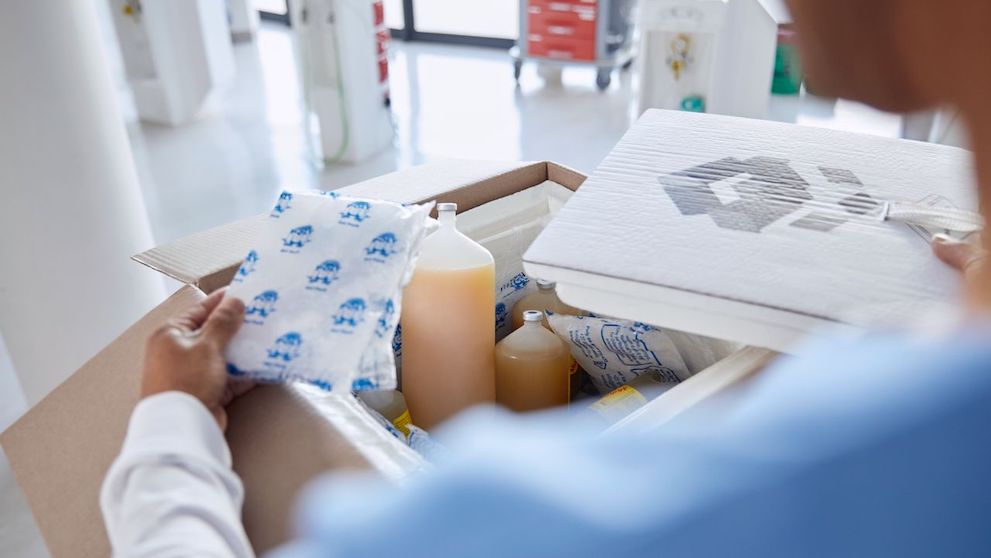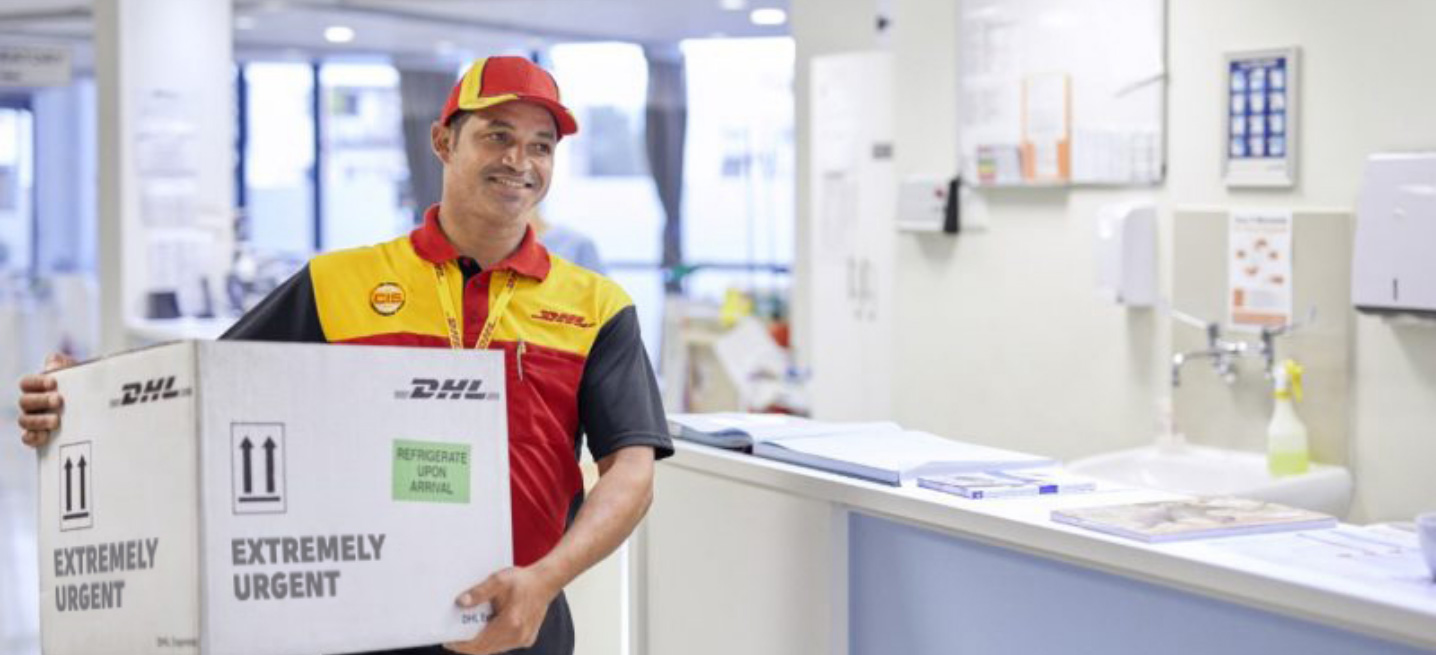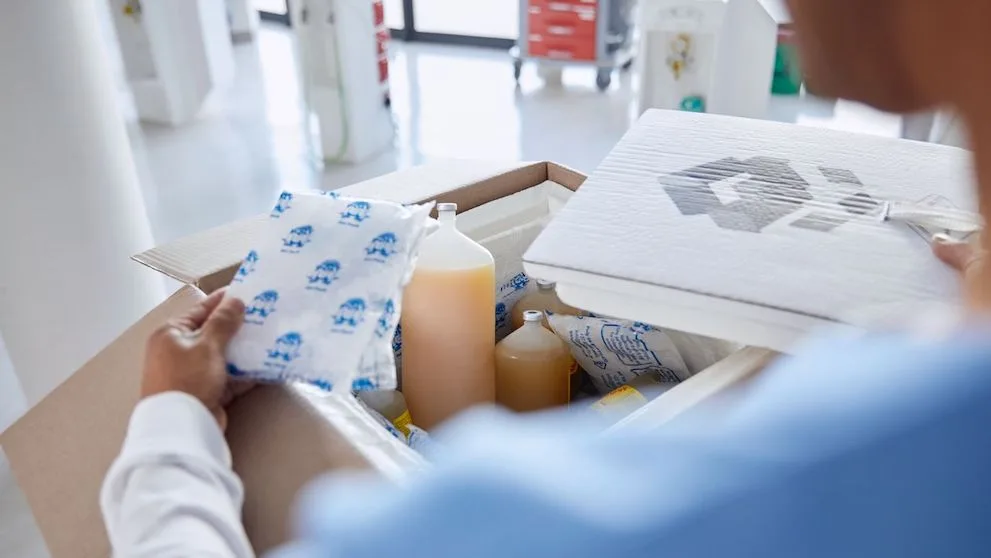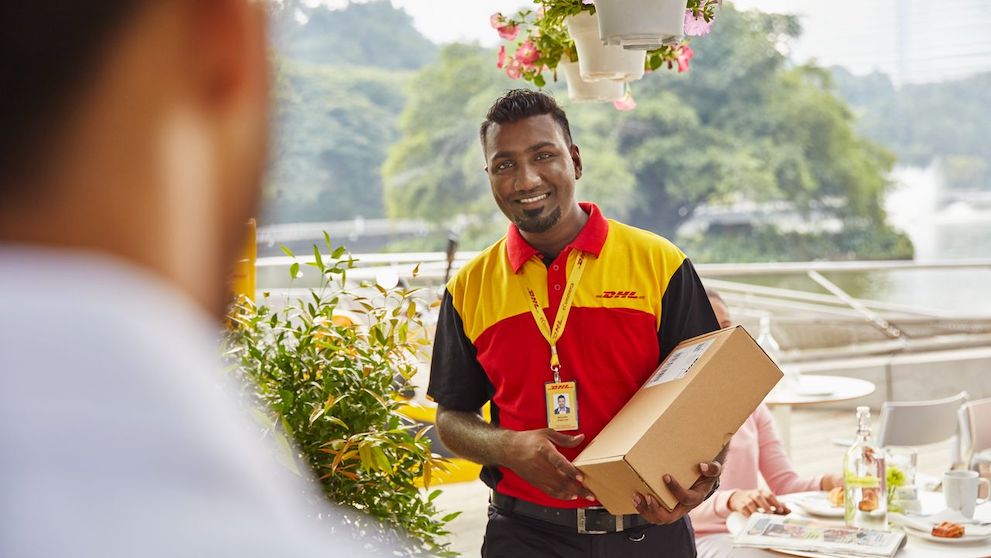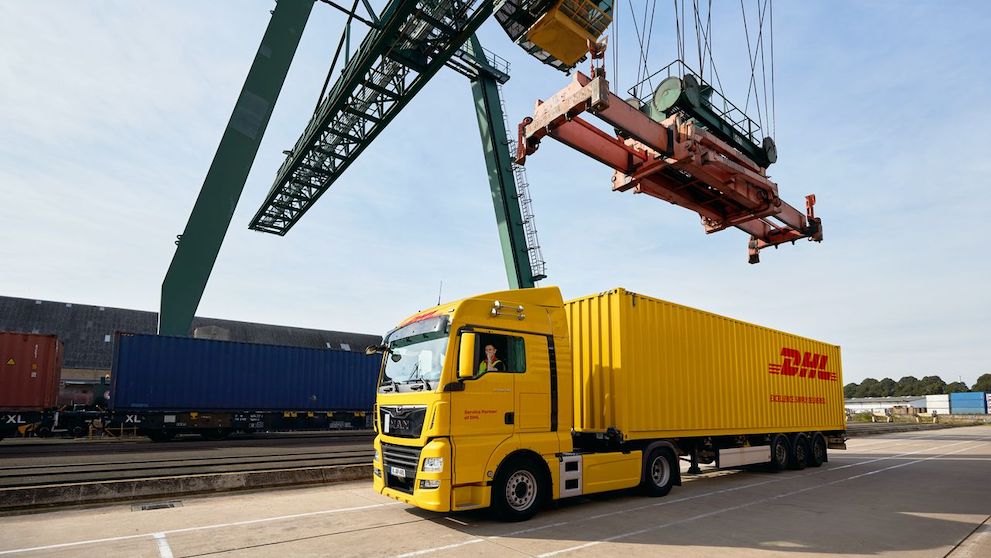Shipping medicine and other pharmaceutical drugs can be a difficult and costly process to complete, no matter what country you choose to export it to or import from as there are rules and regulations that need to be followed in order to ensure the safety and efficacy of the products being shipped as well as the consumers using it. Pharmaceutical companies need to be familiar with these rules and regulations imposed by the respective countries in order to avoid any delays or problems with their shipments.
In addition, shipments containing medicines, other pharmaceutical drugs, or vaccines must be thoroughly regulated to ensure that the correct temperature, humidity, and other conditions are followed to avoid a massive loss of revenue and product. This is also known as cold chain logistics, and failure to properly manage the cold chain can result in damage to the product, decreased efficacy, or (in the case of vaccines) complete loss of potency. This article aims to explain the rules, regulations, and prohibitions of shipping medicine to countries such as Singapore, as well as the cold chain logistics required for safe passage of the products in question.
Required documents and prohibitions when shipping medicine to Singapore
Pharmaceutical companies need to take note of the required documents and prohibitions when shipping medicine to countries such as Singapore, as there are a number of regulations and permits that have to be followed and approved accordingly. In addition to this, there’s a list of prohibited items or ingredients in drugs that could pose a risk to individuals and would require permits and these substances to be declared before exporting or importing them into countries such as Singapore.
The statutory board known as the Health Sciences Authority (HSA) is responsible for the regulation of health products in Singapore. HSA determines whether your imported pharmaceutical drugs and other medicine will be allowed through customs. HSA has a number of classifications to determine the type of medicine, pharmaceutical drug, or vaccines you intend to ship from or to Singapore, and as such, it has a number of procedures to follow depending on the type of drugs or medicines that you will be importing.
It is also important that you read what is stated on the Singaporean Customs website when it comes to the classifications of imported drugs and medicines. These classifications can be split into two different sets of requirements:
Drugs that have not been registered in Singapore: For these types of drugs, you would need to apply for a “Special Access Routes” scheme from HSA before being able to ship the product into the country. An example of this would be clinical trial drugs or unregistered traditional Chinese medicines (TCM).
Drugs that have been registered in Singapore: You would need to apply for an “Import Licence” from HSA before being able to ship the product into the country.
An invoice stating the name, brand, quantity, ingredient list, and weight of the product.
A copy of the product’s registration certificate will also need to be submitted if the drug has already been registered in Singapore.
Cold chain logistics when shipping medicine, pharmaceutical drugs, and vaccines
Another very important factor to take note of when shipping medicine or other pharmaceutical products is the cold chain logistics required for these types of shipments. Cold chain logistics pertain to the set of procedures and activities needed to maintain a product’s temperature within an acceptable range during storage and transport. This is important as some drugs, vaccines, and other medicines need to be stored at very specific temperatures in order to remain potent and effective.
The cold chain begins at the point of manufacture and continues through to the point of administration or use. An uninterrupted cold chain is essential for ensuring that vaccines and other temperature-sensitive medicines retain their potency and efficacy throughout the entire process.
There are a number of different steps that need to be taken in order to maintain an uninterrupted cold chain for vaccines and other temperature-sensitive medicines. These steps include the use of proper packaging, dry ice, gel packs, and temperature-controlled storage containers. It is also important to have a well-designed shipping plan that takes into account the specific temperature requirements of the products being shipped.
How is cold chain logistics conducted?
Cold chain logistics can be conducted via either air or sea freight, with the former taking a shorter time but the latter being able to accommodate larger and better equipment to maintain the specific conditions needed for your shipped medicines. Cold storage transportation also requires the entire process to be documented heavily in terms of location, time, and changes in temperature and humidity to be able to determine the efficacy of the products being transported. The operation also needs high levels of cleanliness and protection to ensure the safety of the logistics operators and the quality of the product.
In addition, with the advancement of technology, there are now more options available for the packaging, tracking, and monitoring of your pharmaceutical drug and vaccine shipments throughout the entire process. This allows for a higher level of visibility and control over the entire operation, which is important for ensuring the quality and potency of temperature-sensitive medicines and vaccines. This is crucial as even a slight deviation from the required temperature range can render these products ineffective.
Some of the new technologies that are being used to improve cold chain logistics include GPS tracking, real-time temperature monitoring, and blockchain technology. GPS tracking allows for the real-time location of shipments to be tracked, while real-time temperature monitoring provides visibility into the current and historical temperatures of a shipment.
Partner with DHL Express when shipping medicine and vaccines
Controlled Packaging
Material
Technology
DHL Express is the world’s leading express delivery and logistics company, with a strong focus on the healthcare sector. We have a wealth of experience in handling and transporting temperature-sensitive shipments, and our global network ensures that your products will be delivered safely and on time.
In addition to our expertise and experience, we offer the following:
A range of value-added services, such as our Medical Express Service (WMX) to further support the shipping of your medicines and vaccines.
Temperature-controlled packaging and coolant material to maintain the efficacy and quality of your shipped medication.
Complete visibility of your shipment throughout the entire journey of our supply chain process, letting you know where your shipments are at all times. This is made possible with our smart-sensor technology.
If you are looking for a partner to help with the shipping of your medicines and vaccines, look no further than DHL Express. Open an account with us now, and start shipping your medicines and vaccines today.
